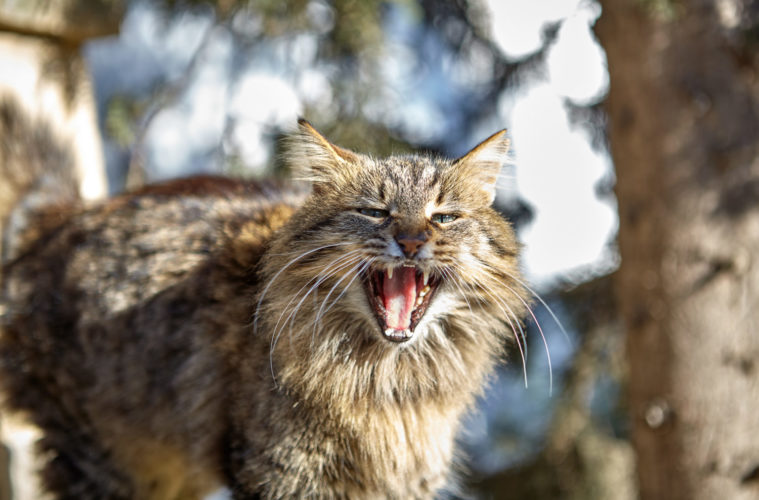LA has recently been dealing with a feral cat invasion, and this number has proven to be quite alarming. The rise in feral cat populations is a danger not only to wildlife but to humans as well. Feral cats are likely to carry diseases and pass them on to people upon contact. They may carry parasites that could lead to memory loss, schizophrenia, and diseases like rabies. So, when you manage to find feral cats or stray cats, what should you do?
Difference between feral cats and strays
Stray cats
Stray cats, at one point in their lives, have been exposed to people; therefore, they are used to socializing with them in one way or another. The moment they are abandoned or lost is where they begin to be referred to as “stray cats.”
If stray cats remain outdoors for the rest of their lives, especially if they frequently lose contact with people, they develop into feral cats. The good thing is, they can become indoor pets once again.
It would take some work to make them acclimated to being indoor cats again, though.
Feral cats
A feral cat is different from a stray because they have never had any contact with a human since birth.
A feral cat may have once been a stray cat as well. As previously mentioned, stray cats who lose contact with people for an extended period of time turn into feral cats.
While it is impossible to have adult feral cats re-homed and acclimated to indoor pet life, feral kittens will not be as difficult to work with. The only thing you have to do is regularly socialize with them and with other people and cats.
You can then start placing them up for adoption or adopting them yourself.
What do you do when you find a feral cat or a stray cat?
1. Try to find the stray’s owners
It is likely that the cat you have stumbled upon is lost. If that is the case, try to find its owner.
Look to see if the cat is wearing a collar or has a chip implanted in them. For you to find out if they are chipped, you may call assistance from the ASPCA and have them (humanely) trapped and taken to the vet for checking.
2. Keep your cats indoors
According to Linda P. Case, author of Canine and Feline Behavior and Training: A Complete Guide to Understanding Our Two Best Friends, you should not let your cat stray and join the growing number of feral colonies. The best way to avoid them becoming part of the ever-growing feral colony is to have them stay indoors.
3. Do not feed feed feral cats and just leave them in the end
Feeding stray or feral cats is a noble deed; however, caring for them this way would mean an ongoing responsibility. Like any other pet, aside from being fed healthy food, they also need access to healthcare; if you cannot provide that, then it would be best not to feed them in first place.
It may seem wrong to leave them be, but you would be doing the cats and the community a favor. Feral cats will start to wander off to a different location to scour for food, and they are used to this kind of life in the first place, so there is no need to worry.
It would also be safer for your community to not have an increased population of feral cats. This would stop the spread of illnesses, destruction of property (by climbing and scratching), and breeding.
4. Donate or become a volunteer
If you cannot bear the responsibility of feeding and providing healthcare for feral cats, the next best thing to do is donate to a cause that targets feral cat assistance or become a volunteer. If you want to find out how you can help through donations, you may contact the nearest Humane Society in your area.
Ask if they have a TNR (Tame-Neuter-Return) or other program that needs financial assistance. Animal welfare groups often need donations too, so you may opt to donate to their cause.
If you want to help by becoming a volunteer, then you are more than welcome to do so! The majority of nonprofit organizations heavily rely on volunteers, and they’d welcome you with open arms.
Advertising disclosure: We may receive compensation for some of the links in our stories. Thank you for supporting LA Weekly and our advertisers.

